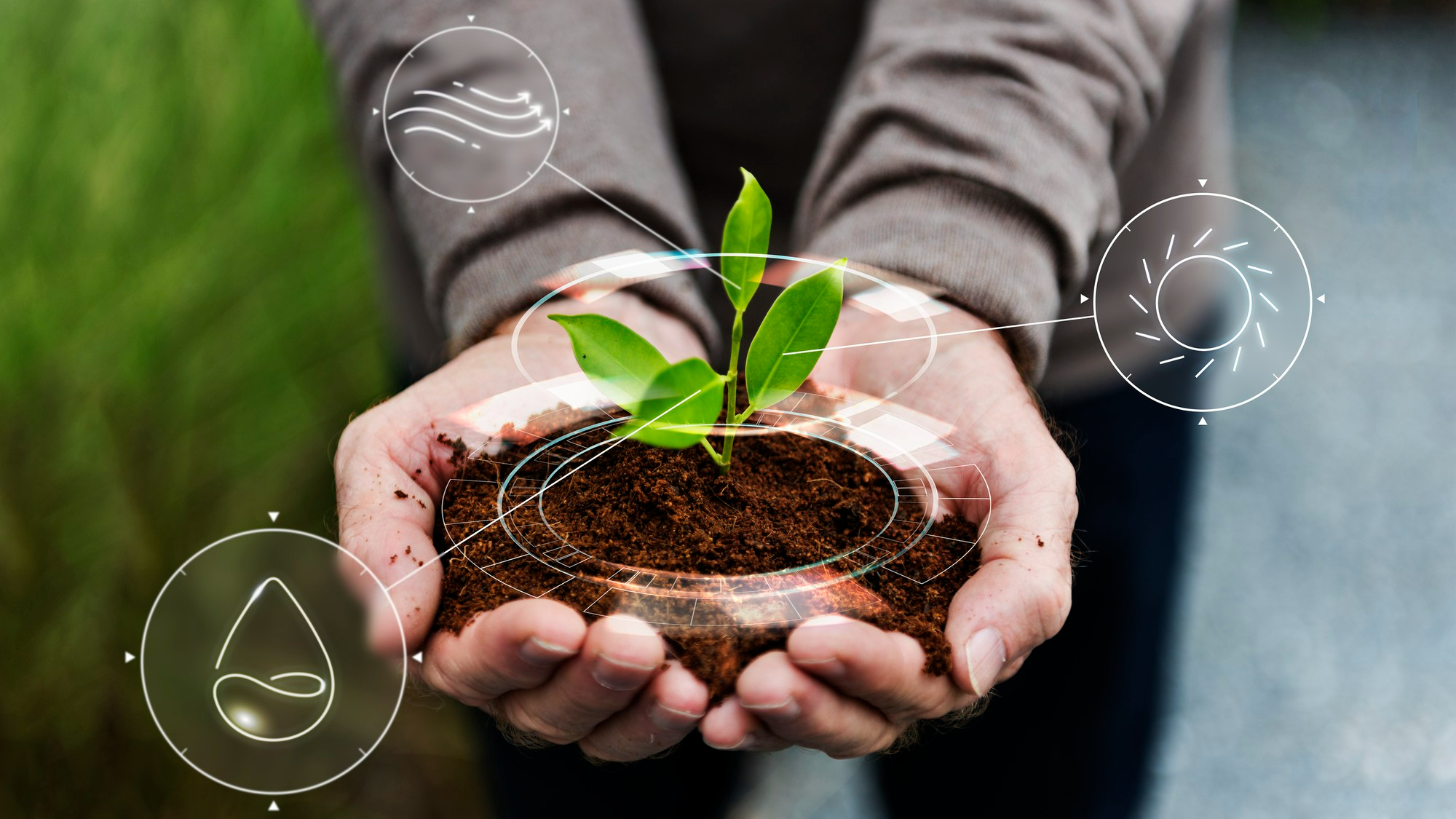Artificial Intelligence (AI) has been making significant strides in various industries, and agriculture is not an exception. As reported by BBC source, AI is increasingly being used in the US agriculture sector to boost productivity and sustainability. This article explores how AI is revolutionizing agriculture, offering insights into the current applications and future prospects of AI in farming.
The agricultural sector is at the forefront of technological innovation, with AI playing a central role. In the US, farmers are leveraging AI tools to streamline operations, improve crop yields, and promote sustainability. The impact of AI on agriculture is transformative, bringing about a new era of ‘smart farming.’
The application of AI in agriculture is broad, encompassing areas such as weather forecasting, crop and soil monitoring, predictive analytics, and automation. For instance, AI-powered drones and sensors are used to monitor crop health, detect pests and diseases, and administer treatments.
AI also facilitates precision farming, a technique that aims to optimize returns on inputs while preserving resources. Using AI algorithms, farmers can analyze soil data to determine the exact amount of water, fertilizers, and pesticides needed, reducing waste and environmental impact.
Farmers are also utilizing AI to predict weather patterns more accurately, allowing them to plan planting and harvesting schedules optimally. Furthermore, AI is used in automation, with self-driving tractors and robotic harvesters becoming increasingly common.
The benefits of AI in agriculture are profound. By automating repetitive tasks, AI allows farmers to focus on strategic decision-making. It also increases efficiency and productivity, leading to higher crop yields. Moreover, by promoting sustainable farming practices, AI contributes to environmental conservation.
Despite the benefits, the adoption of AI in agriculture also presents challenges. These include the high cost of AI technologies, lack of digital literacy among farmers, and concerns about data privacy. However, as AI technology continues to advance and become more affordable, these challenges are expected to diminish.
Looking ahead, the future of AI in agriculture looks promising. As AI technology continues to evolve, it is expected to bring about revolutionary changes in farming. For instance, AI could enable the development of ‘smart farms,’ where all farming operations are automated and remotely controlled.
Moreover, with advancements in AI, we could see the rise of ‘digital twins’ in agriculture. A digital twin is a virtual replica of a physical system, used for simulation and analysis. In farming, digital twins could be used to simulate crop growth under different conditions, enabling farmers to optimize yields.
In conclusion, AI is transforming agriculture, offering innovative solutions to boost productivity and sustainability. As AI technology continues to advance, we can expect to see even more revolutionary changes in the farming sector. At AI First Agency, we are at the forefront of this technological revolution, offering AI consultancy, tools, and marketing services to help businesses navigate this rapidly evolving landscape.

